- Home
- slideshows
- miscellaneous
- The 8 biggest tech disappointments in 2019 so far, from foldable smartphones to Apple's canceled AirPower
The 8 biggest tech disappointments in 2019 so far, from foldable smartphones to Apple's canceled AirPower
LG's Signature OLED TV R, the rollable TV, is nowhere to be found.

Samsung's recalled Galaxy Fold, the $2,000 folding smartphone.
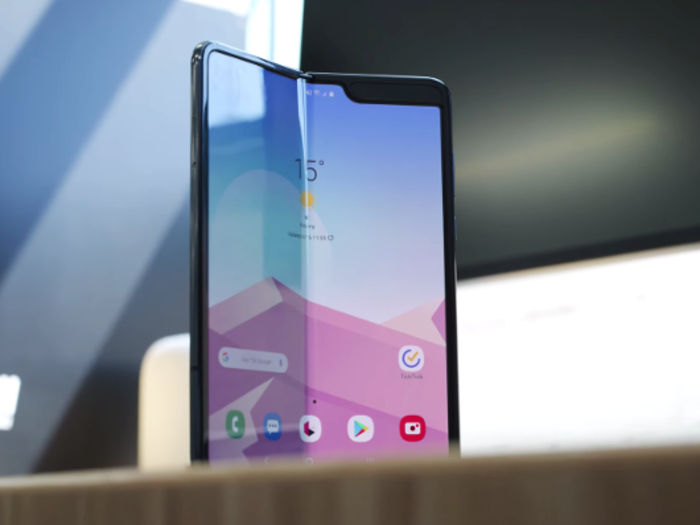
In a single week, Samsung's ambitious $2,000 foldable smartphone went from being a fascinating, awe-inspiring gadget of the future to a disaster.
The Galaxy Fold, which was meant to be the first phone ever with a foldable touchscreen, had been teased, unveiled, and distributed to select tech reviewers in a carefully orchestrated rollout over the past six months. But once in the hands of reviewers, the phone's foldable screen — and all its mystique — cracked and crumbled.
Soon after, Samsung acknowledged the inevitable and announced that the Galaxy Fold would be delayed for at least several weeks as the company tries to fix the phone's problems. Though it still doesn't have an official release date, the latest report says that Samsung could be ready to roll with a redesigned Fold ahead of the holiday season.
For now, it's a product that existed for a moment, was recalled, and has yet to return to stores.
The foldable smartphone revolution.
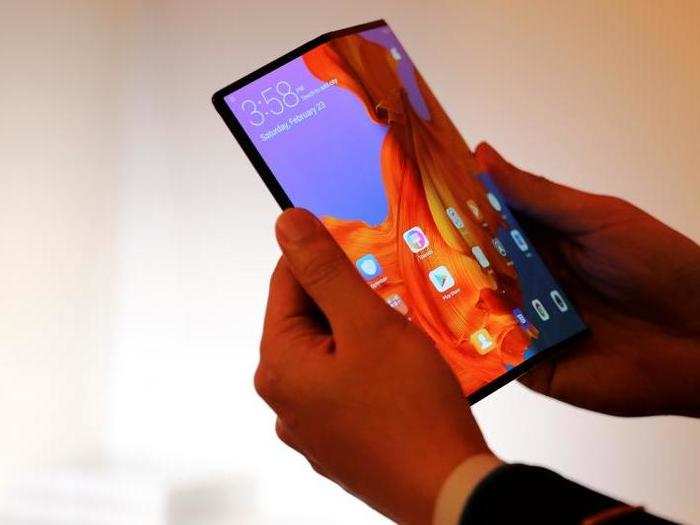
Samsung's Galaxy Fold is the highest-profile of any foldable smartphone, and it was held up as the beginning of a wave of smartphones with folding as the main gimmick.
But that future has yet to arrive.
Huawei has the Mate X, but Huawei is stuck in the middle of the ongoing US-China trade war. It remains unclear when the device will launch, and if it will be able to receive Android security updates or not.
There's also the Xiaomi Mi Fold, which the company teased in March but hasn't been heard about since, and Motorola has been mum on the revamp of its beloved Razr phone since confirming it was working on a foldable device earlier this year.
And Royole has the FlexPai, which seems to be a bit of a mess. Neither the Mate X nor the FlexPai are aimed at the American market, but Samsung's recalled Galaxy Fold was. As such, none of the first foldable smartphones are currently scheduled for a North American launch in 2019.
So much for a revolution.
Read more: It took only 4 months for the future of the smartphone to crash and burn
The huge new game from the folks behind the "Mass Effect" franchise, named "Anthem," was the biggest video game flop in years.
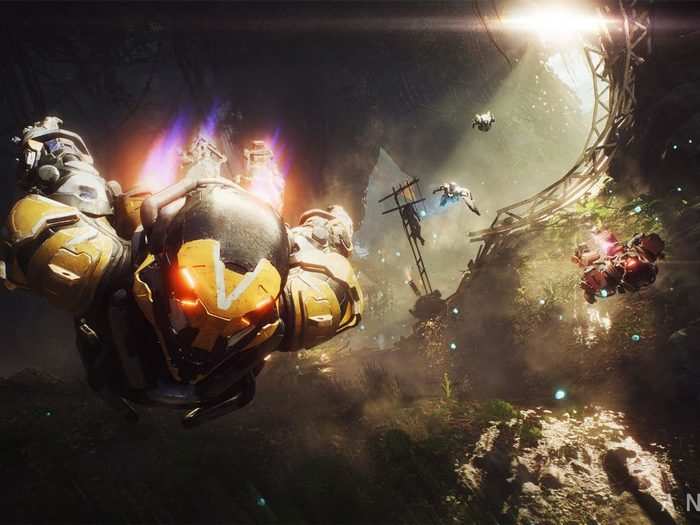
What went wrong with "Anthem"?
That was the big question in the first few months of 2019. The new game was a highly anticipated blockbuster from EA's beloved BioWare studio. The storied studio is responsible for popular franchises like "Mass Effect" and "Dragon Age," and spent decades earning good will with gaming's most evangelic fans.
But rather than celebrating, BioWare had to scramble to fix its newest game and stem the barrage of negativity since the rocky, complicated launch of "Anthem" in mid-February.
Frankly speaking, the game is a beautiful mess: Vast, sweeping alien terrain with very little to do; characters with no personality; baffling design decisions — all within some very attractive landscapes.
For one of the most-hyped games in years, "Anthem" was also one of the biggest flops.
Apple's AirPods 2 and "new" iPod.
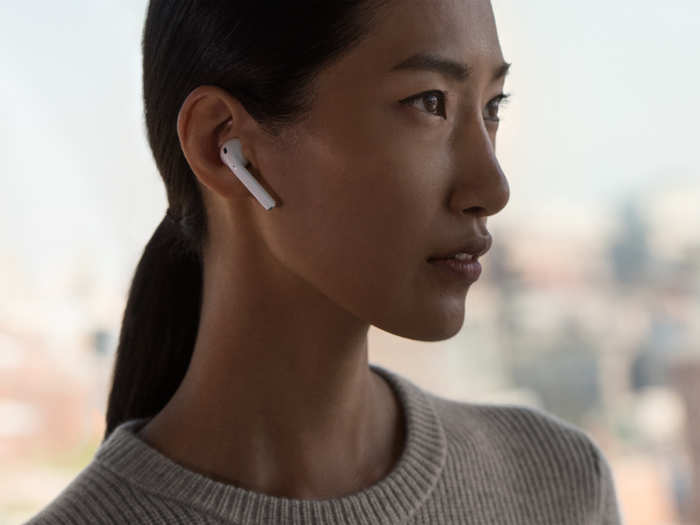
Apple's wireless headphones — AirPods — are one of the company's hottest new products in years. The anticipation for the follow-up was huge, and Apple completely underwhelmed with a minor upgrade.
The look and feel of the second generation AirPods is identical to the first generation. There are some minor upgrades to battery life and the charging case, which now has wireless charging, and you can use Siri via voice activation on the newer ones. Sure!
But, otherwise, the new AirPods are more or less identical to the first ones.
The same could be said for the new iPod, which is more or less the old iPod.
"This model is a minor update of the last iPod touch from 2015, which itself was a modest update from the iPod touch from 2013," my colleague Dave Smith wrote in May. "Apple is keeping the iPod alive, but just barely. The 2019 iPod touch — a brand-new device — is running on a chip Apple introduced in 2016."
Google's long-rumored game console isn't a game console at all — it's a subscription service for streaming video games that must be purchased individually.
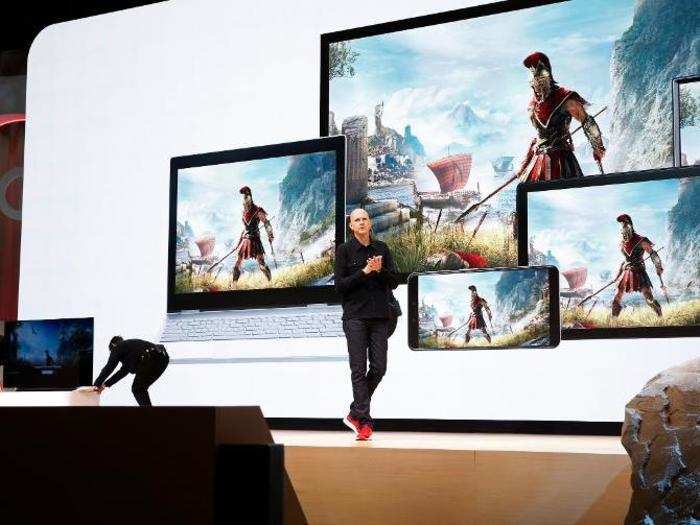
When Google's Stadia video game streaming service arrives this November, it won't come in a box.
Instead, the service is said to run on anything from your smartphone to your television. Stadia will offer the same selection of games, and they'll look nearly identical on whatever platform you're playing on, because the games are powered by hardware in a Google data center somewhere else before being beamed to your screen.
It's like Netflix, kinda, but for video games.
With the base level of Stadia, you pay nothing, but are able to buy games from the Stadia storefront and play them across your devices. With the Pro level of Stadia, you pay $10 per month for what is essentially a PlayStation Plus/Xbox Live Gold-esque service. For that monthly fee, you get monthly games that are yours as long as you keep your subscription. You'll also get a discount on game purchases.
The idea, and the tech, sound interesting, but the promise of a streaming service is paying a single monthly subscription fee for access to a library of content. In the case of Stadia, you're paying the full price of whatever game you want to play, À la carte, and then repeating that with each new game.
Stadia is more like a digital gaming storefront than a Netflix-like streaming service, and that's a shame.
The new Nintendo Switch Lite.
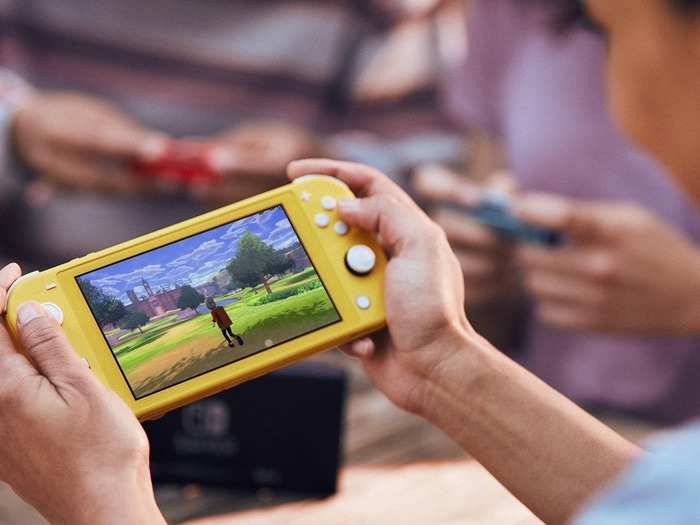
There are a lot of positive things to say about Nintendo's new version of the wildly popular Switch: It's less expensive ($200), and adorable looking, and it's a shrewd business move for Nintendo as a replacement for the 3DS line of handheld consoles.
There is, however, one tremendously unfortunate downside: The new Switch cannot be docked for TV play, like the original Switch. It is a handheld console exclusively.
It would be amazing if the new Switch could be used as a portable version of the Switch, only smaller and sold without an included Dock. Then, people who already own a Switch would have even more of a reason to buy this new device.
In the realm of disappointments, this one ranks low — but it's disappointing nonetheless.
Apple's cancelled wireless charging mat, AirPower.
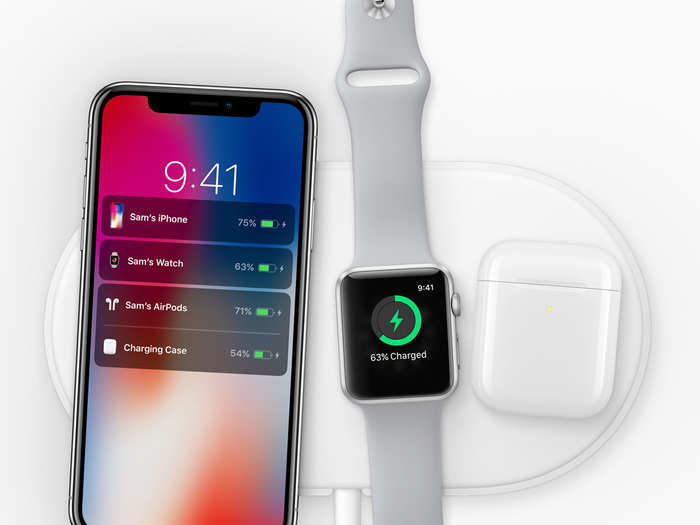
Apple almost never announces, then cancels, products. The company assuredly makes prototypes and experiments all the time that it cans, but that's not the case for full-on product announcements.
But that was the case with AirPower, the wireless charging mat Apple introduced alongside the iPhone X in 2017. Apple canceled the product in March.
"After much effort, we've concluded AirPower will not achieve our high standards and we have cancelled the project," Dan Riccio, Apple's senior vice president of hardware engineering, said in a statement to Business Insider earlier this year. "We apologize to those customers who were looking forward to this launch. We continue to believe that the future is wireless and are committed to push the wireless experience forward."
If this were any other electronics maker, a wireless charging mat wouldn't even register as news. But because it's Apple, and every Apple product is intricately tied into a web of products and services, people were especially shocked.
Popular Right Now
Popular Keywords
Advertisement